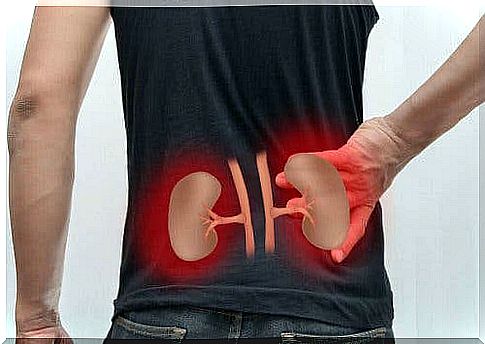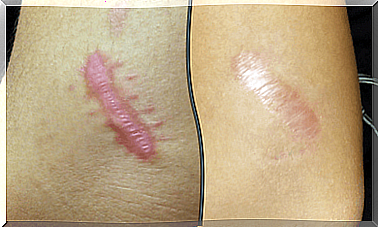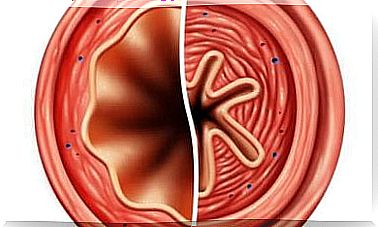What Is Difenidol Used For?

Difenidol is a drug that has properties to treat dizziness and nausea. It’s an antiemetic. It works on the vestibular apparatus to control vertigo. It exerts its antiemetic effect directly on specific receptors of the central nervous system. Do you want to know more about it? Then read on!
The Reasons Why Doctors Prescribe Difenidol

Doctors prescribe difenidol primarily to prevent and control vertigo. This type of peripheral vertigo or vertigo occurs in:
- Meniere’s disease
- labyrinthitis
- After middle ear operations
- In case of motion sickness
Vertigo gives the feeling that you are moving or spinning. People who suffer from this feel that they are really spinning or moving or that the world is spinning around them.
It is caused by a problem in the part of the inner ear that controls balance. The problem may also involve the vestibular nerve, the nerve that connects the inner ear and the brainstem.
In addition, this disease can be caused by any of the following reasons:
- Benign Postural Vertigo
- Drugs such as aminoglycoside antibiotics, cisplatin, diuretics, or salicylates
- An injury such as head trauma
- Vestibular nerve inflammation
- Irritation and swelling of the inner ear, labyrinthitis
- Meniere’s disease
- Pressure in the vestibular nerve, usually due to a benign tumor, such as a meningioma or schwannoma
Difenidol is also used for the prevention and control of nausea and vomiting caused by chemotherapy and radiotherapy treatments.
How do you take this medicine?
Patients should take this medicine with food to prevent or reduce the gastrointestinal irritation it can cause. The adult dose to treat dizziness, nausea and vomiting is one tablet every four hours for as long as needed.
However, some patients require two tablets every four hours. The maximum daily dose of difenidol is 300 mg. The intestines and stomach absorb it well and reach a peak in the blood between 1.5 and 3 hours after ingestion. It is again excreted through the urine.
Contraindications and Precautions

Patients with impaired kidney function should be careful as this drug can build up in their body. In addition, this drug is contraindicated in the following cases:
- Hypersensitivity to the drug
- bowel obstruction
- Urinary tract obstruction
- Kidney failure
- glaucoma
- Hypotension
Doctors also advise not to use it in case of nausea and vomiting due to pregnancy, nor in babies under 6 months of age. Experts also advise against intravenous administration in patients with a history of sinus tachycardia. This medicine can cause a heart attack in these patients.
Effects
Due to possible side effects, its intramuscular use is limited to hospital patients. The side effects include visual and auditory hallucinations, disorientation and confusion.
These reactions may occur within three days of starting treatment. They usually disappear spontaneously when the patient stops treatment.
The incidence of auditory and visual hallucinations, disorientation and confusion is very low. However, patients may also experience:
- drowsiness
- Overstimulation
- Depression
- Sleep disturbances
- Dry mouth
- Dyspepsia
- Blurry sight
In rare cases, dizziness, rash, headache, or heartburn may occur. A transient drop in blood pressure may also occur.
Can Difenidol Affect Other Medications?
The antiemetic effect of difenidol may mask the signs of an overdose of other drugs. In addition , this drug can make it difficult to diagnose other conditions, such as bowel obstruction.
It has a weak anticholinergic effect, similar to that produced by treatment with drugs such as atropine or scopolamine. For this reason, patients should not take it along with anticholinergics (link in Spanish), as it can weaken their effects.
The side effects are increased if a patient takes this drug along with central nervous system depressants. According to scientific evidence, difenidol can interact with other drugs, especially drugs that are metabolized by hydrolysis, catalyzed by carboxylesterases.
Conclusion
Difenidol is a drug belonging to the pharmacotherapeutic group of muscarinic antagonists. Therefore, medical specialists may prescribe this drug if a patient needs treatment for peripheral vertigo.









